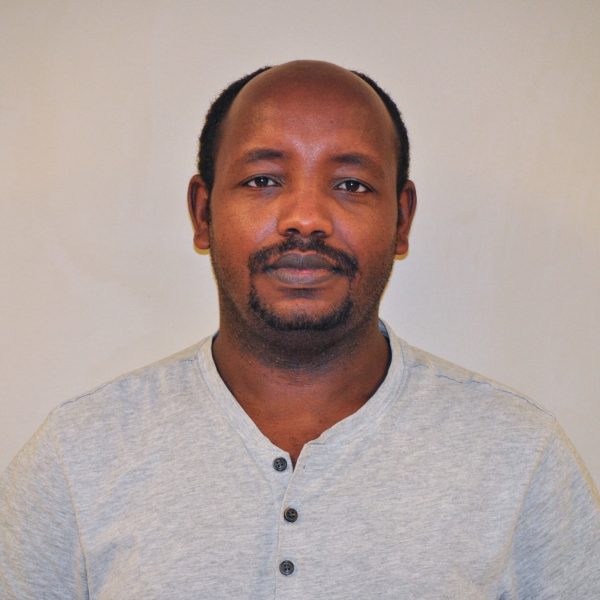Possible Changes to HRC Create New Housing Row
Recent rumors about changes in first-year housing options at the Harlem Renaissance Center (HRC) have many student groups up in arms. Although the building currently houses 11 first-years, there has been a great deal of talk in the last week of a new first-year-free HRC.
According to Brothers Vice President, senior Wil Redmond, “The rumors regarding HRC became known to the majority of people on February 17, about a week ago.”
Initial reactions were far from enthused.
For a number of students across campus, the idea of the HRC no longer being an option for first-years was a scary thought. Redmond’s first reaction was “outrage and betrayal” and senior HRC resident Anthony Reyna, expressed “disappointment” upon hearing the news.
“The HRC is all about providing a safe space for students,” Reyna said. “Living up the hill can be hard, especially for first-years. There is a great deal of culture shock on arriving and while it’s nobody’s fault, you can feel like an outsider.”
Many of these concerns came to light on Tuesday night when students came together with representatives of the college to separate rumor from fact.
“Today we want to put some facts out there,” Dean of the First-Year Experience Beverly Low, self-proclaimed “keeper of the first-year experience,” said,
According to Low, nothing has been decided and the entire idea is still a work in progress. The main focus of the meeting was to figure out, collectively, how “to weave more structure into HRC living for first-years.” For, as Dean Low and others mentioned, the HRC is one of the only areas in which first-years live with upperclassmen.
While this may have been a point of concern for members of faculty, for students this remained one of the HRC’s strongest selling points.
First-year Ronald Adomako expressed a distinct gratitude for the support he has received from older HRC residents.
“Speaking for fellow first-years,” Adomako said, “we want networking opportunities, a way to make connections and we appreciate the mentorship we receive from upperclassmen in HRC.”
Vice President and Dean of the College Charlotte Johnson remained concerned about isolation and reminded students that they “do themselves a disservice by shutting themselves away and failing to maximize all the options this campus offers.” Many of the students present at Tuesday’s meeting attested to the incredible community provided by the HRC.
“The HRC is a welcoming community to anyone who steps foot into the building and makes an effort to get to know the residents,” Redmond said. “It has been a safe-haven for me over the course of my four years here at Colgate University. It is not cliché to say that it is a major reason why I, and a number of my friends, were able to make it through our time at Colgate.”
Furthermore, as many students pointed out, the HRC often operates as a feeder for other groups, like Brothers and Black Students Association (BSA).
“What I’m hearing from students is that isolation can happen anywhere, but the HRC offers a jumping off point to get out there and get involved,” Johnson said.
The big question, for many students, was why stop first-years from living in the HRC?
According to Director of Residential Life and Assistant Dean of the College for Residential Education Jennifer Adams, “The main idea was to unite all special interest first-year housing under one roof.”
Not all understood this position.
“The HRC is a living-learning community, much in line with the [New Vision for Residential Education] implemented by the University,” Redmond said. “The racial demographics of Colgate are no secret and if we, as a university, are going to be devoted to the diversity initiative, then HRC is a necessity.”
However, this is not to say that students weren’t concerned about the lack of structure at HRC. In fact, all were ready and willing to cooperate with ResLife to come up with some useful solutions. While little was resolved at Tuesday’s meeting, both Redmond and Reyna expressed hope for future discussions.
“We want to reach a medium that we can all agree with,” Redmond said. We will always be open to communications between the students and the administration.”







